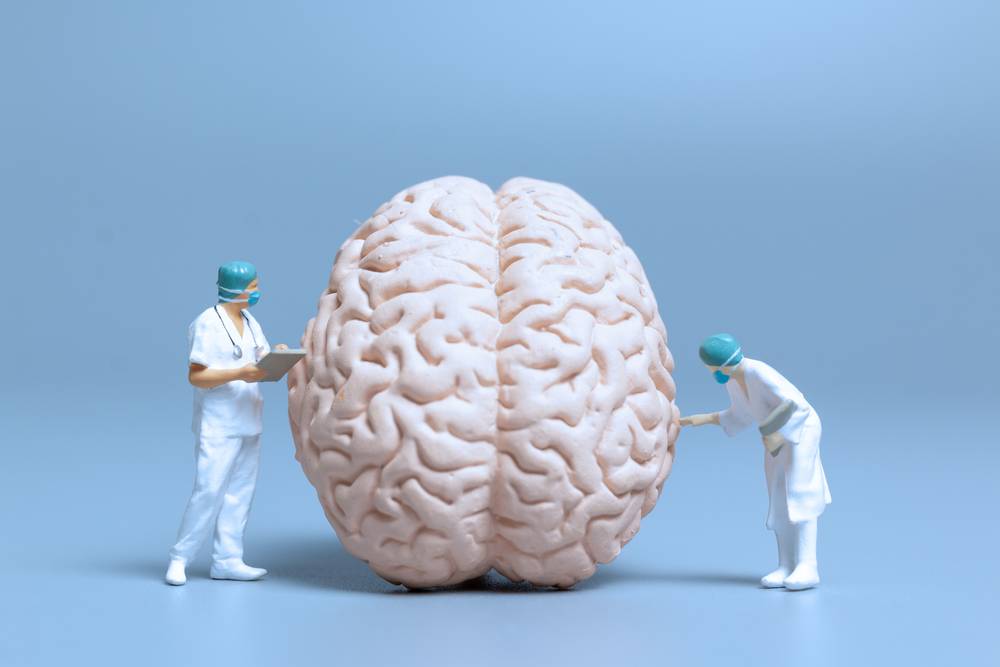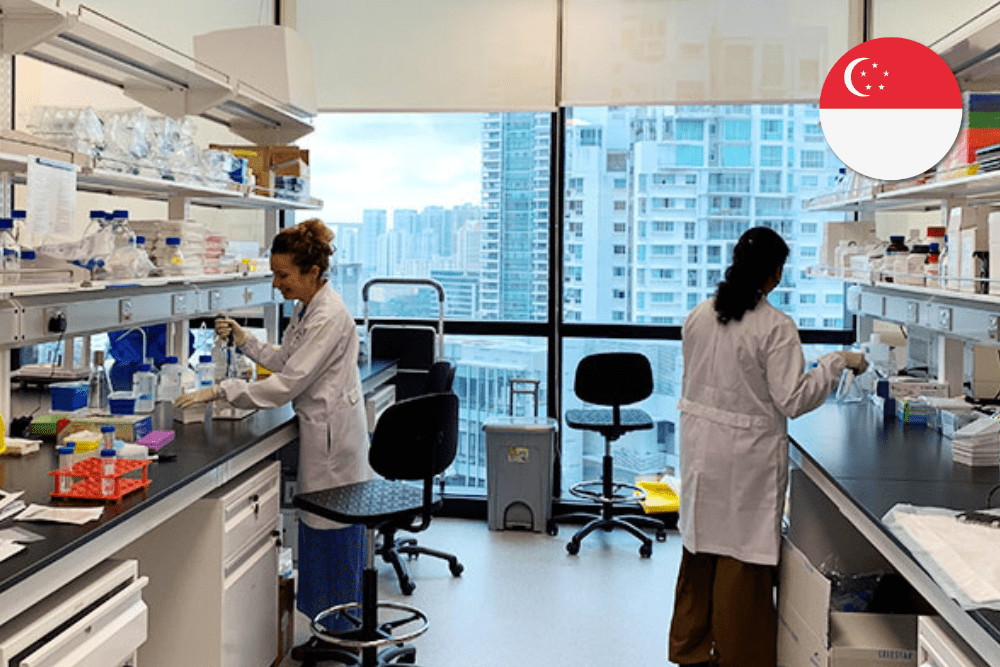With rising neurological diseases in Asia, Brain Bank Singapore has secured pledges from 380 donors to aid vital brain research.
Brain Bank Singapore (BBS), Southeast Asia’s first brain bank, has reached a significant milestone with 380 pledged donors. Since its launch, BBS has collected nine Asian brain samples to advance critical research on neurological and psychiatric disorders.
Donated brain tissues are instrumental for researchers aiming to better understand and treat conditions such as Alzheimer’s disease, Parkinson’s disease, schizophrenia, and bipolar disorder.
A Family’s Story of Donation and Hope

Ms Evelyn Yeo shared her family’s moving decision to pledge her father’s brain for donation to Brain Bank Singapore.
Her father, Mr Yeo Shung Poh, now 78, lives with both Alzheimer’s and Parkinson’s diseases, as well as obsessive-compulsive disorder. He began to show signs of cognitive decline in his early 60s, initially diagnosed as mild cognitive impairment.
Ms Yeo, speaking to The Straits Times, explained how they approached her father about the donation. “In one of the moments when he was clear-headed, Mum and I broached the topic, and my dad only asked one question: ‘They will only take my brain after I die, yah?’” she said, reflecting on his matter-of-fact attitude toward helping others through this gesture.
Though his health conditions have taken a toll on the family, Ms Yeo felt her father’s choice to donate his brain was an extension of his generosity. She described him as a generous man, sharing her father’s commitment to advancing research that could one day spare other families from similar struggles.
Read also: “Never too early, never too late” – Identify Alzheimer’s Risk And Be Proactive
Understanding Neurological Disorders
BBS’s mission is crucial as it provides researchers with access to brain tissues specifically from Asian populations, which are underrepresented in global studies.
This local resource enables scientists to study neurological diseases like dementia and schizophrenia, accounting for genetic and lifestyle factors unique to Asian populations.
Singapore’s Director-General of Health, Professor Kenneth Mak, highlighted that neurological diseases are a growing area of focus, given the ageing population. According to Prof Mak, over 100,000 people in Singapore are expected to live with dementia by 2030, making the need for research even more urgent.
Watch now: Alzheimer’s Is The Leading Cause Of Dementia | Dr Donnabelle Chu (Neurology Specialist)
A Crucial Resource for Neurological Research
Since its founding five years ago, BBS has gathered 380 pledged donors. To date, nine brain samples have been harvested and preserved for scientific research.
This initiative is part of a global network of fewer than 200 brain banks. Most of these are located in North America, Europe, and Australia. BBS plays a unique role by offering insights specific to Asian populations.
Associate Professor Adeline Ng, director of Brain Bank Singapore and senior consultant at the National Neuroscience Institute, explained that BBS’s mission is to support the development of new ways to prevent, diagnose, and treat neurological conditions like dementia and Parkinson’s disease.
She highlighted that having a brain bank in Southeast Asia is crucial for studying neurological disorders specifically in Asian populations. This focus allows researchers to investigate the causes of these conditions in the region, examining genetic differences across different ancestries.
Prof Ng added that BBS will initiate a study to map various cell types in the brains of people with Alzheimer’s disease. The research will identify where these cells are found within the brain, laying the groundwork for new therapies that target the specific areas affected by the disease.
Expanding Research on Neuropsychiatric Conditions
In addition to Alzheimer’s and Parkinson’s, Brain Bank Singapore supports research into mental health conditions such as depression, schizophrenia, and bipolar disorder, using brain tissue to reveal disease-specific changes.
Through donated brain tissue, scientists can identify structural and cellular differences in affected brains. This work opens doors to more accurate diagnoses and targeted treatments. These therapies address unique neurological patterns in neuropsychiatric illnesses.
This focused research has the potential to transform care, especially for Asian populations. It enables the development of therapies that better align with genetic and environmental factors common in the region.
Increasing Donations to Support Research
As brain donation becomes more accepted, BBS has seen a steady increase in pledged donors. However, challenges remain, including ensuring tissue samples are disease-free and suitable for research.
However, with the rising number of pledged donors, the chances of acquiring usable tissue samples increase.
One such donor, Mr Ong Guan Kooi, a 66-year-old retired taxi driver, shared his reasons for signing up. He is both a brain and whole-body donor.
Diagnosed with mild cognitive impairment, Mr Ong said he was inspired to contribute after a conversation with a doctor who explained the significance of organ and whole-body donations for advancing medical research and education.
The Future of Brain Donation and Research in Singapore
Brain Bank Singapore’s work represents a vital step forward in understanding neurological and psychiatric disorders within Asian populations.
The growing support for brain and body donation, along with the stories of individuals like Mr Yeo and Mr Ong, reflects a commitment to advancing medical science for future generations. As more donors come forward, Brain Bank Singapore fosters impactful research to alleviate the burden of these complex conditions for patients and their caregivers.

